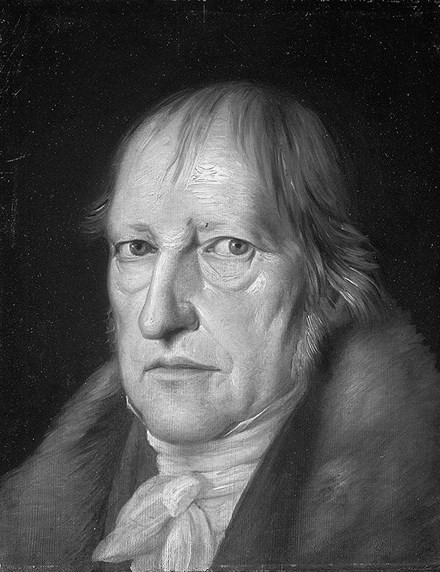
Publication details
Year: 1995
Pages: 87-114
Series: Synthese
Full citation:
, "Dewey's philosophy and the experience of working", Synthese 105 (1), 1995, pp. 87-114.


Dewey's philosophy and the experience of working
labor, tools and language
pp. 87-114
in: Synthese 105 (1), 1995.Abstract
Although Richard Rorty has done much to renew interest in the philosophy of John Dewey, he nonetheless rejects two of the most important components of Dewey's philosophy, that is, his metaphysics and epistemology. Following George Santayana, Rorty accuses Dewey of trying to serve Locke and Hegel, an impossibility as Rorty rightly sees it. Rorty (1982) says that Dewey should have been “Hegelian all the way” (p. 85). By reconstructing a bit of Hegel's early philosophy of work, and comparing it to Dewey's metaphysics and epistemology we can see that Dewey was indeed “Hegelian all the way” and that Rorty has constructed a false dilemma. We also gain some interesting insight into Dewey's philosophy by viewing it in terms of labor, tools and language.
Cited authors
Publication details
Year: 1995
Pages: 87-114
Series: Synthese
Full citation:
, "Dewey's philosophy and the experience of working", Synthese 105 (1), 1995, pp. 87-114.



